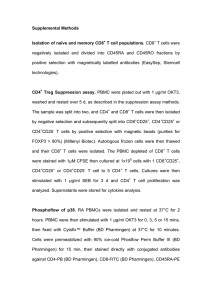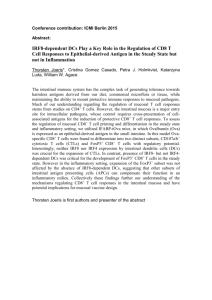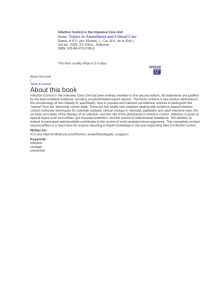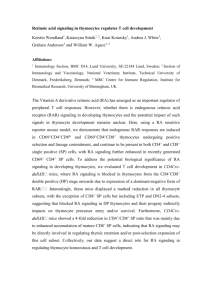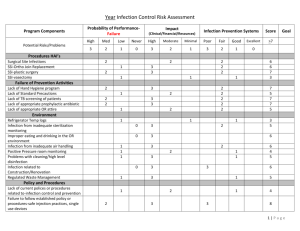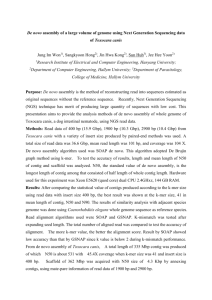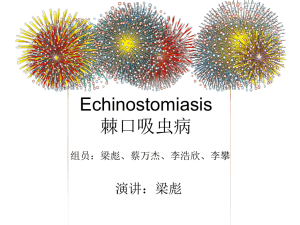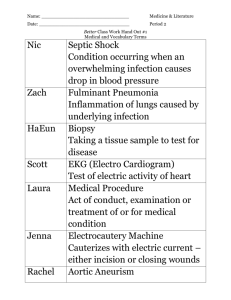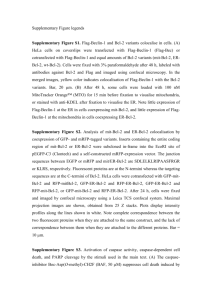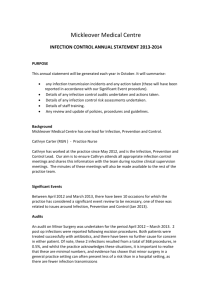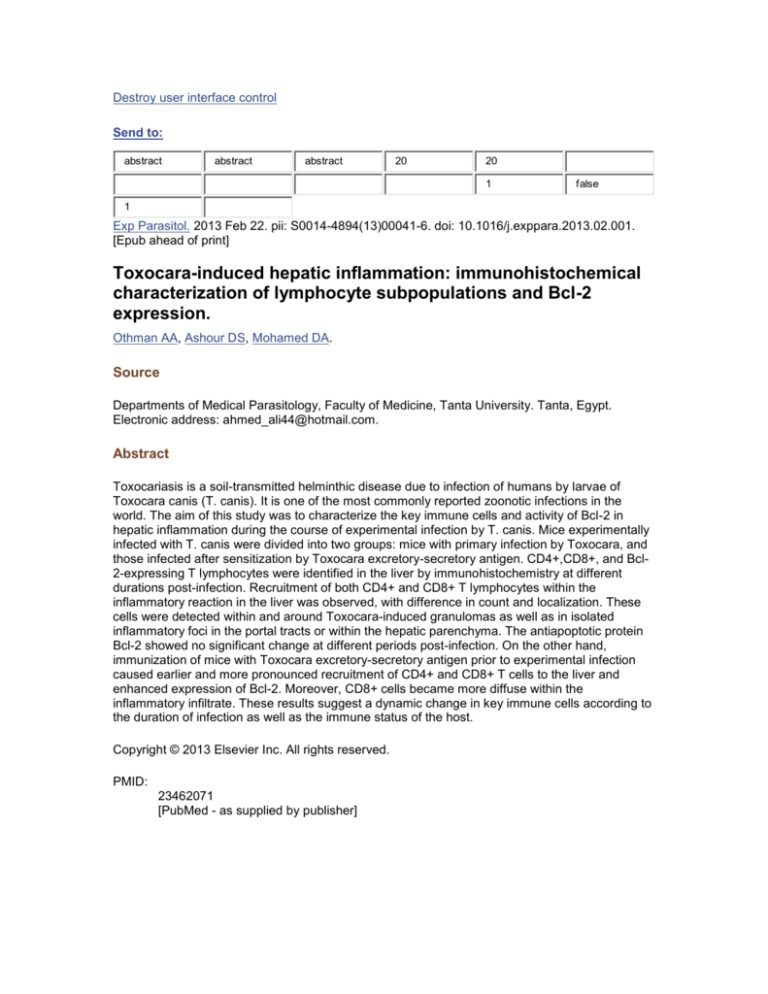
Destroy user interface control
Send to:
abstract
abstract
abstract
20
20
1
false
1
Exp Parasitol. 2013 Feb 22. pii: S0014-4894(13)00041-6. doi: 10.1016/j.exppara.2013.02.001.
[Epub ahead of print]
Toxocara-induced hepatic inflammation: immunohistochemical
characterization of lymphocyte subpopulations and Bcl-2
expression.
Othman AA, Ashour DS, Mohamed DA.
Source
Departments of Medical Parasitology, Faculty of Medicine, Tanta University. Tanta, Egypt.
Electronic address: ahmed_ali44@hotmail.com.
Abstract
Toxocariasis is a soil-transmitted helminthic disease due to infection of humans by larvae of
Toxocara canis (T. canis). It is one of the most commonly reported zoonotic infections in the
world. The aim of this study was to characterize the key immune cells and activity of Bcl-2 in
hepatic inflammation during the course of experimental infection by T. canis. Mice experimentally
infected with T. canis were divided into two groups: mice with primary infection by Toxocara, and
those infected after sensitization by Toxocara excretory-secretory antigen. CD4+,CD8+, and Bcl2-expressing T lymphocytes were identified in the liver by immunohistochemistry at different
durations post-infection. Recruitment of both CD4+ and CD8+ T lymphocytes within the
inflammatory reaction in the liver was observed, with difference in count and localization. These
cells were detected within and around Toxocara-induced granulomas as well as in isolated
inflammatory foci in the portal tracts or within the hepatic parenchyma. The antiapoptotic protein
Bcl-2 showed no significant change at different periods post-infection. On the other hand,
immunization of mice with Toxocara excretory-secretory antigen prior to experimental infection
caused earlier and more pronounced recruitment of CD4+ and CD8+ T cells to the liver and
enhanced expression of Bcl-2. Moreover, CD8+ cells became more diffuse within the
inflammatory infiltrate. These results suggest a dynamic change in key immune cells according to
the duration of infection as well as the immune status of the host.
Copyright © 2013 Elsevier Inc. All rights reserved.
PMID:
23462071
[PubMed - as supplied by publisher]


